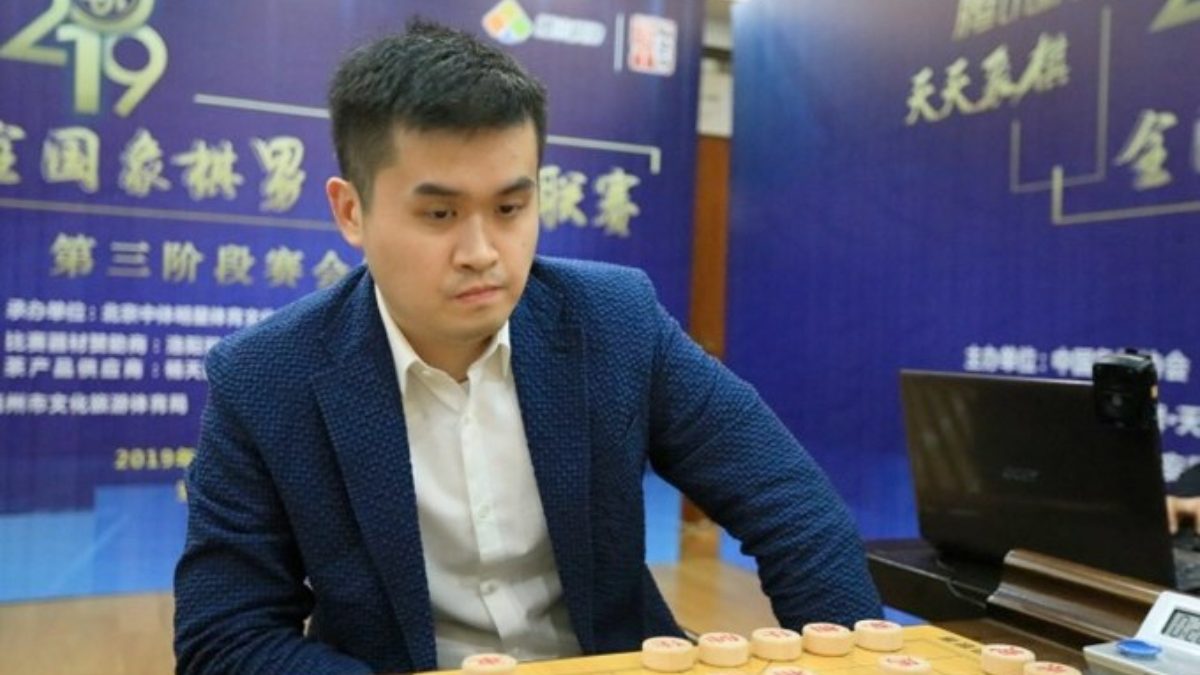A major cheating controversy has broken out in China related to the Chinese chess (Xiangqi) after the Chinese Xiangqi Association (CXA) penalised 41 players including three players receiving lifetime bans, Global Times reported. The three players who have been banned from competition for life include grandmasters Zhao Xinxin, Wang Yang, and Zheng Weitong. The trio have also been stripped of their technical titles.
Besides Zhao, Wang, Zheng, and 34 others were suspended based on the severity of their actions, while four individuals received official reprimands.
Chinese chess grandmasters involved in match-fixing
The Chinese Xiangqi Association has announced that Zhao and 40 other players were involved in various illegal activities, including match-fixing and bribery.
This is not the first time that Chinese chess has faced allegations of match-fixing. In September 2024, top-ranked players Wang Tianyi and Wang Yuefei were handed lifetime bans for match-fixing and bribery.
One of the most celebrated players of Xiangqi, Tianyi, is equated to Magnus Carlsen in the world of Chinese chess. He is a four-time national champion and three-time world champion. Tianyi was also the No.1 player for a decade.
The suspension of Chines chess (Xiangqi) players began after “Recording Gate” scandal. In April 2023, audio clips claiming Wang Yuefei and Hao Jichao discussing match-fixing plans were shared on social media platforms. This led to demands of investigation against the alleged players by Chinese chess veterans Liu Dahua and Dang Fei.
Why Chinese chess legends cheated?
In April 2024, the police launched investigations into several Chinese chess players suspected of engaging in illegal activities, including match-fixing and other offenses. A comprehensive inquiry revealed that numerous players and coaches were involved in match-fixing, bribery, and various forms of corruption, with some individuals implicated in long-term and repeated misconduct, according to Xinhua.
“The huge temptation of benefit for a high-ranking player to maintain his place and for a lower-ranked player to earn more money was too big to refuse sometimes in a game, especially between commercial clubs,” Cai Yi, a former Chinese chess player and a lawyer with Beijing-based DeHeng Law Offices, told China Central Television.
Impact Shorts
More Shorts“Once a player earns the grandmaster title, his appearance fee and bonus for each win at a tournament will rise significantly with the title promotion, prompting someone to take some illegal and desperate steps.”
The Chinese Chess Association (CXA) emphasized that anyone still under investigation for alleged illegal or unethical behavior will face strict action in accordance with regulations if the accusations are proven.
Xiangqi (Chinese chess) is believed to have originated in China around 2000 years ago. It is a strategy board game played between two players just like chess. The Chinese chess, however, is played on a 9x10 square grid board.


)

)
)
)
)
)
)
)
)



